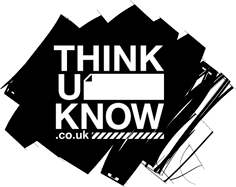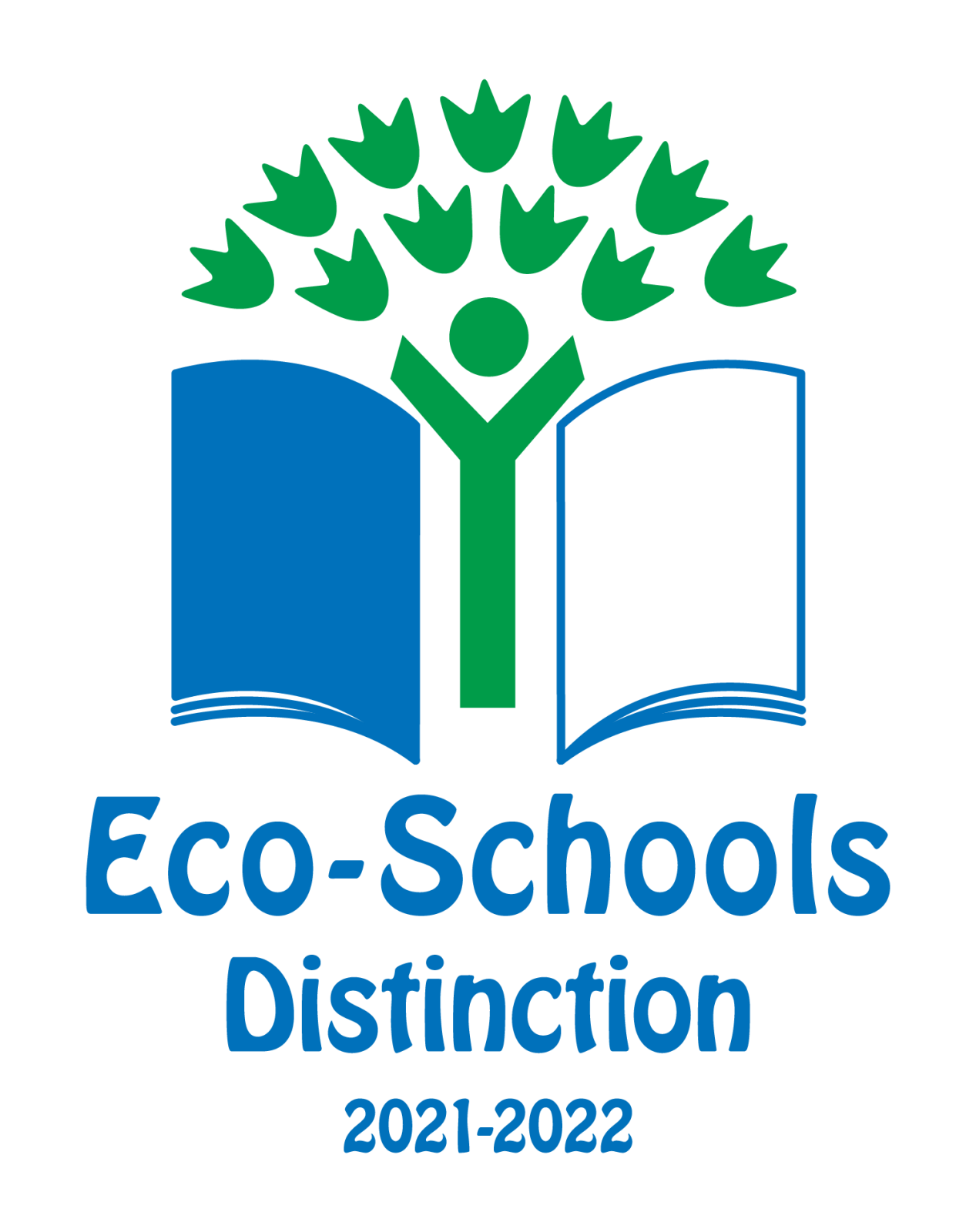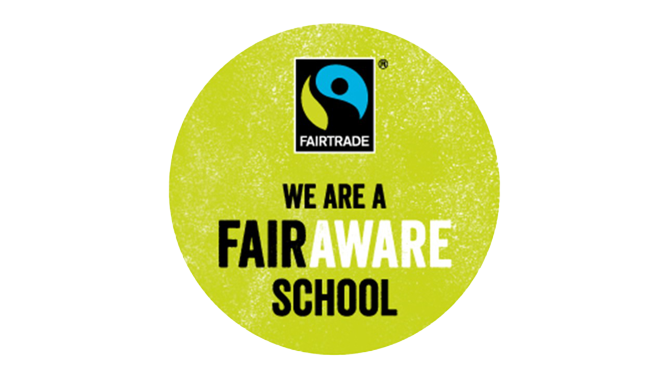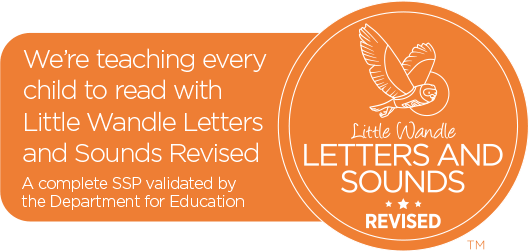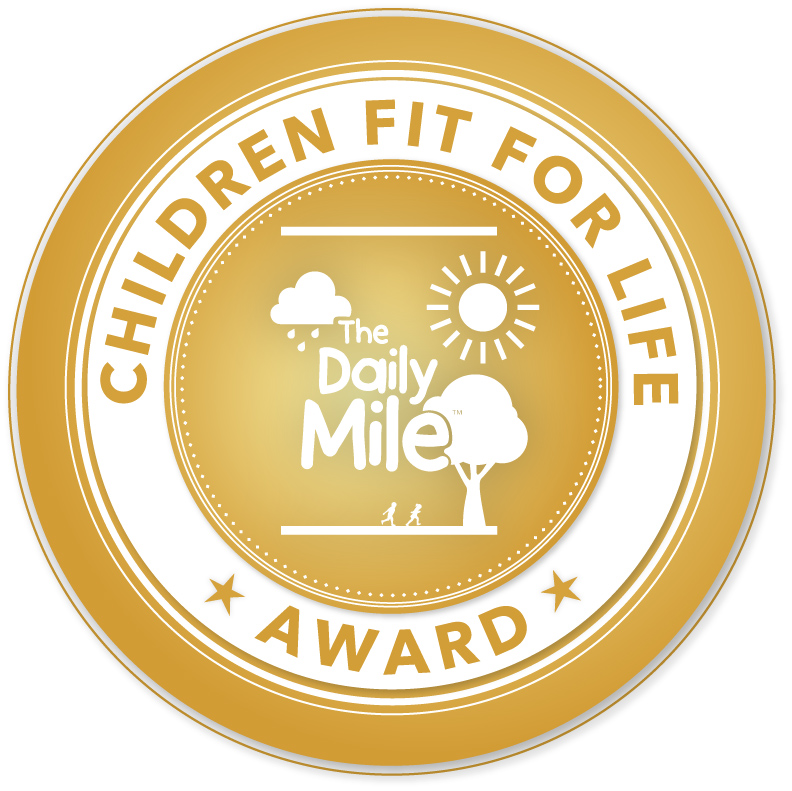Cultural Capital at Cradle Hill Primary School
'Pupils wider development is a real strength of the school. Pupils are proud to be part of this community and thrilled to have so many opportunities to help them understand local
and national issues...Pupils enjoy the many clubs on
offer and are encouraged to set up their own clubs at lunchtime. As pupils move through the school, they take part in careers fairs. This helps to build aspirations for the future and prepares them for the next stage of their education.' Ofsted 2023
IGNITE OUR SPARK!
Every child and family who joins our setting will have their own knowledge and experiences that will link to their culture and wider family. This might include: languages, beliefs, traditions, cultural and family heritage, interests, travel and work.
Research shows that when children and families’ cultures are valued, both the child’s experience of learning and progress can benefit (Husain et al., 2018, p. 4 and Gazzard, E. 2018 in Chalmers, H. and Crisfield, E. 2019)
Cultural capital is the accumulation of knowledge, behaviours, and skills that a child can draw upon and which demonstrates their cultural awareness, knowledge and competence; it is one of the key ingredients a pupil will draw upon to be successful in society, their career and the world of work.
Cultural capital gives power. It helps children achieve goals, become successful, and rise up the social ladder without necessarily having wealth or financial capital. Cultural capital is having assets that give children the desire to aspire and achieve social mobility whatever their starting point.
Building Experiences and Knowledge by Immersing Themselves in the World Around Them
50 things to do before you leave 1 1 1 .pdf



